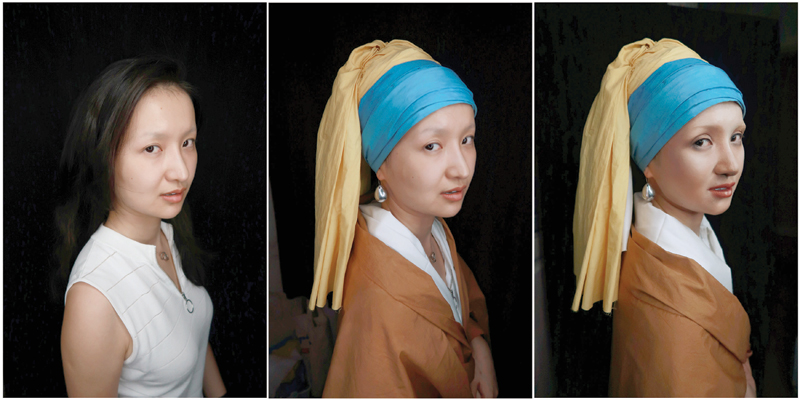

London: Researchers have found the world’s most ancient solid cheese in a 3,200-year-old Egyptian tomb, as well as evidence of a potentially deadly disease.
The cheese was discovered from the tomb of Ptahmes, mayor of Memphis in Egypt during the 13th century BC, said researchers led by Enrico Greco, chemical scientist at the Catania University in Italy.
It was initially unearthed in 1885, but got lost under drifting sands, and was then rediscovered in 2010.
A few years later archaeologists found broken jars at the site.
One jar contained a solidified whitish mass, as well as canvas fabric that might have covered the jar or been used to preserve its contents.
After dissolving the sample, the team purified its protein constituents and analysed them with liquid chromatography and mass spectrometry.
The peptides detected by these techniques showed the sample was a dairy product made from cow milk and sheep or goat milk.
The characteristics of the canvas fabric, which indicate it was suitable for containing a solid rather than a liquid, and the absence of other specific markers, support the conclusion that the dairy product was a solid cheese.
Other peptides in the food sample suggest it was contaminated with Brucella melitensis, a bacterium that causes brucellosis, said the researchers, in the study published in ACS’ journal Analytical Chemistry. — IANS
Oman Observer is now on the WhatsApp channel. Click here



